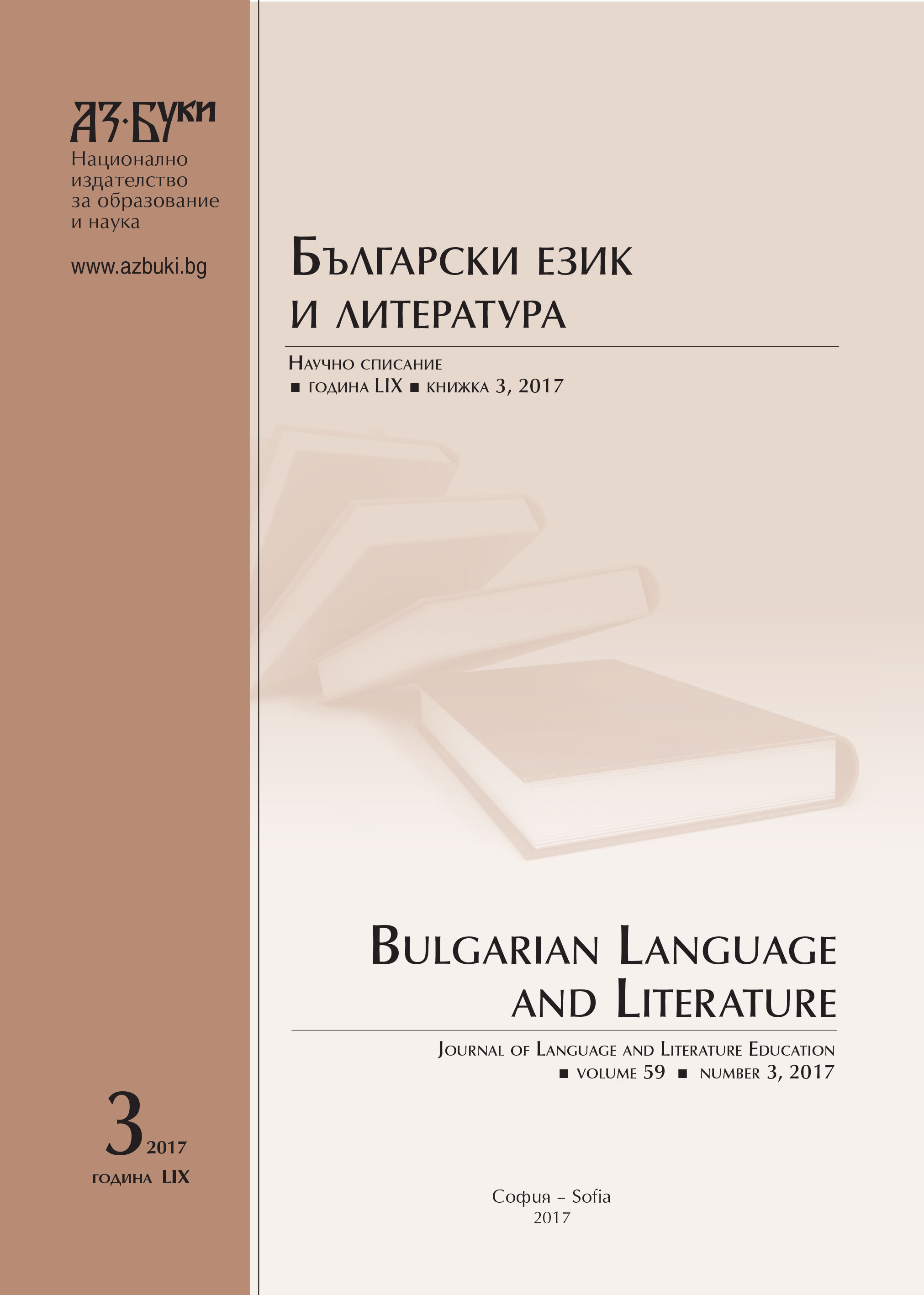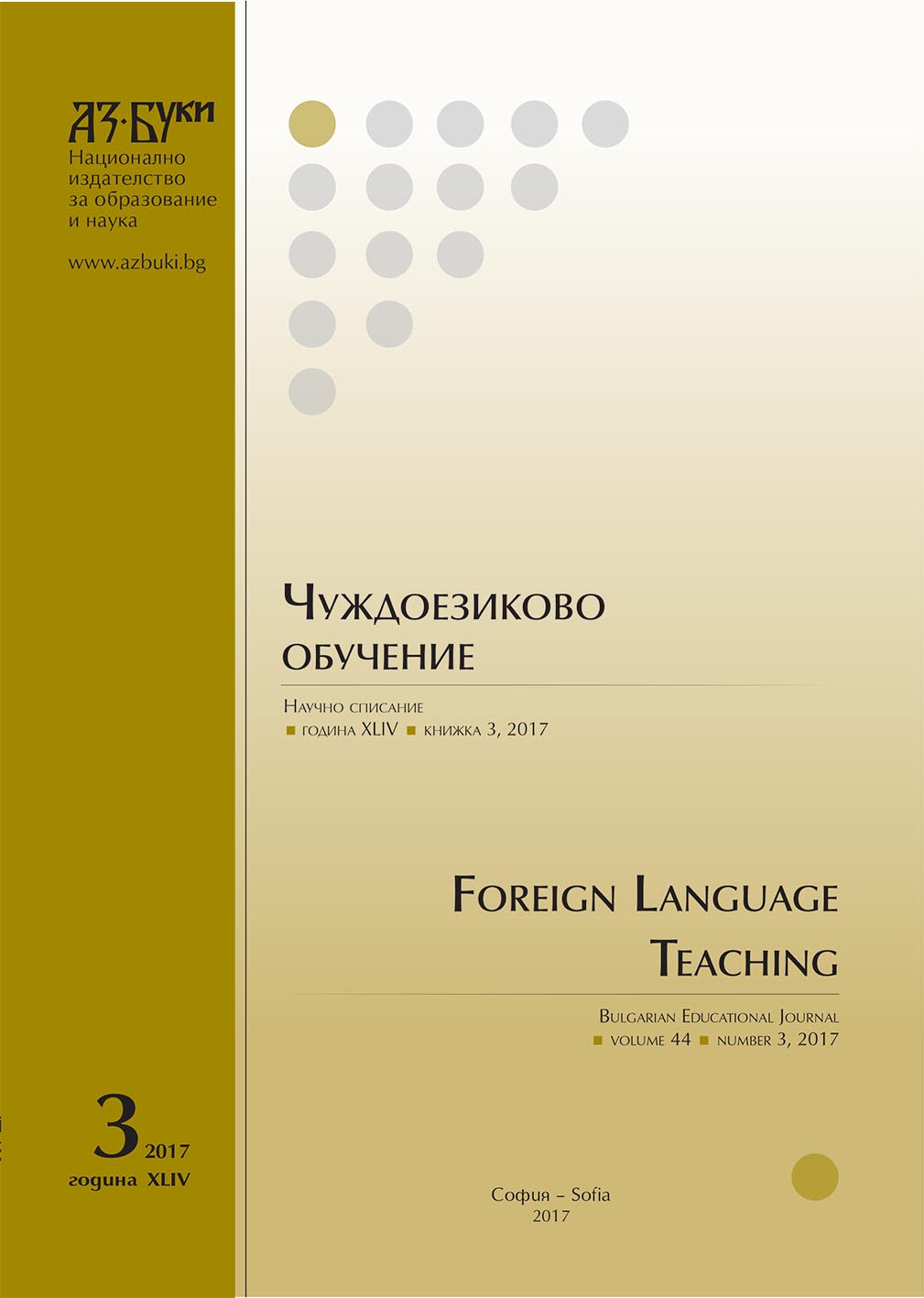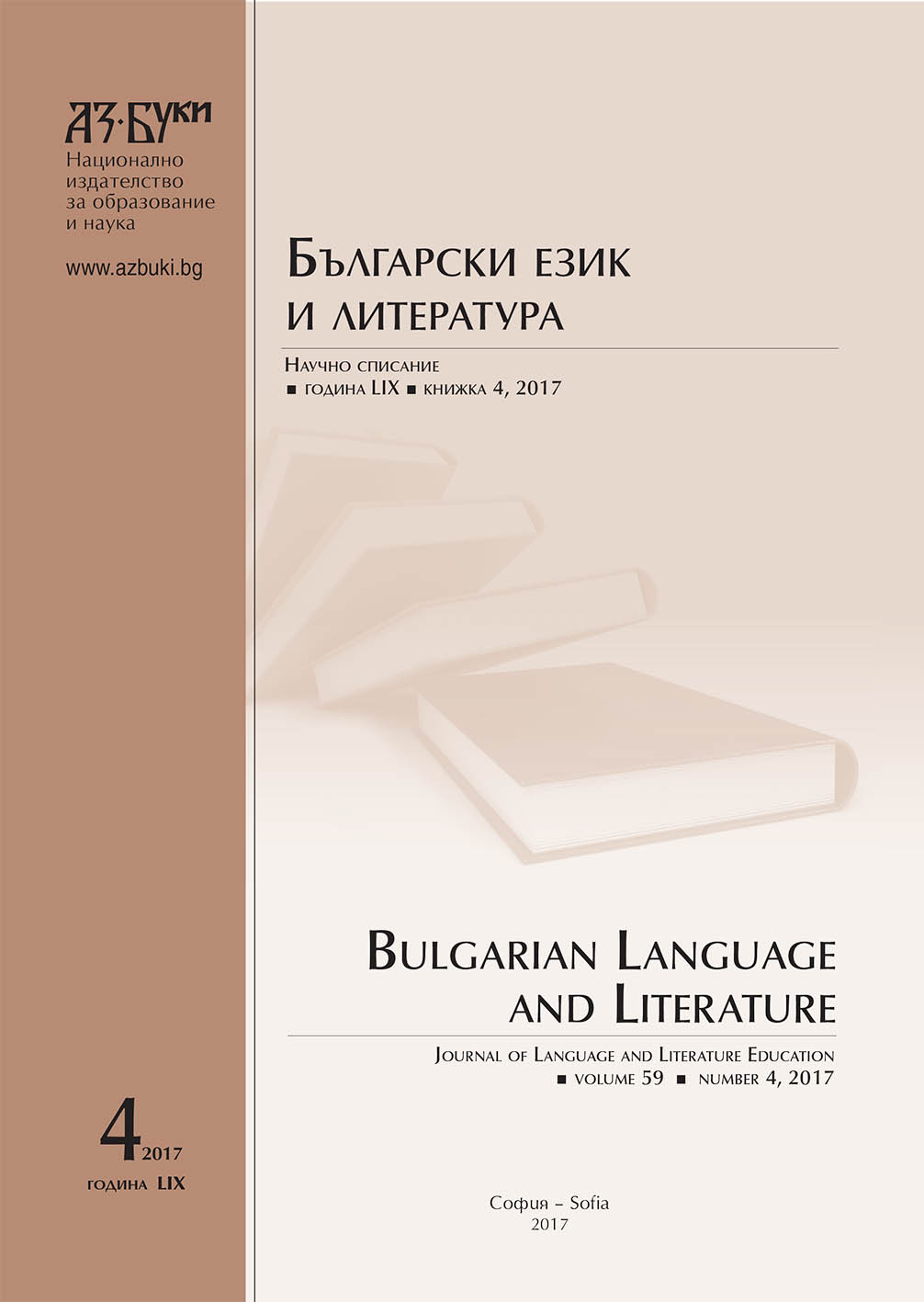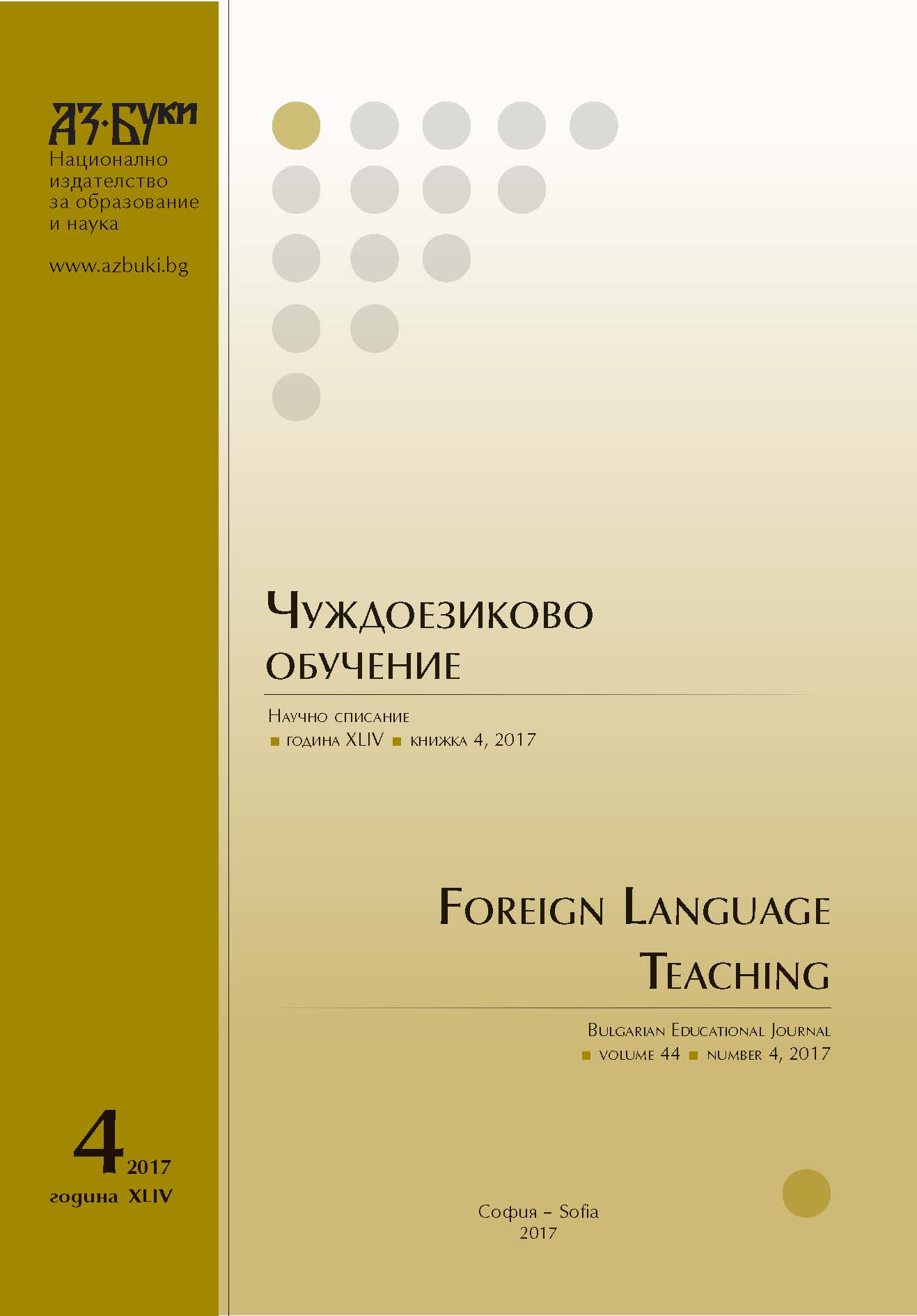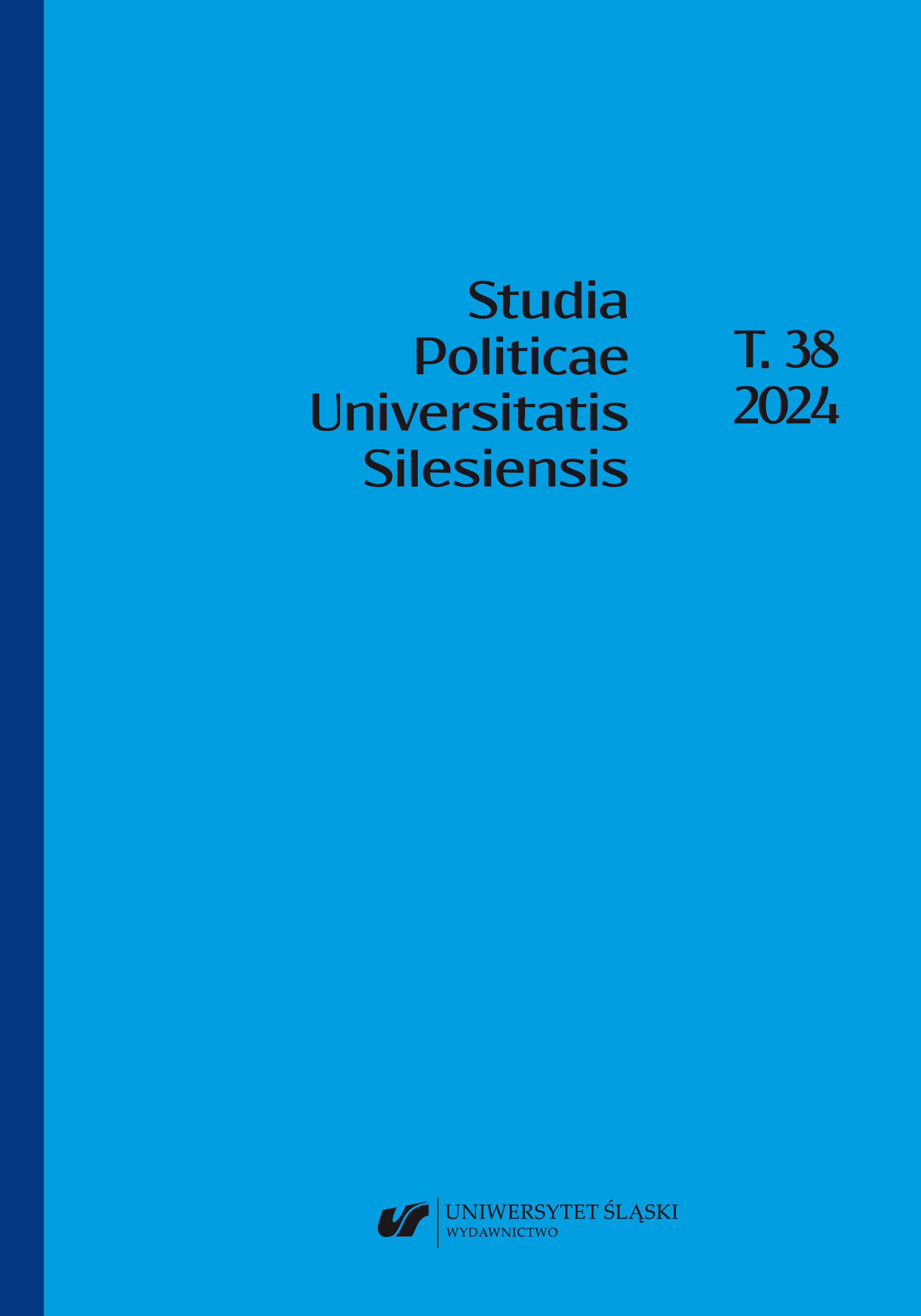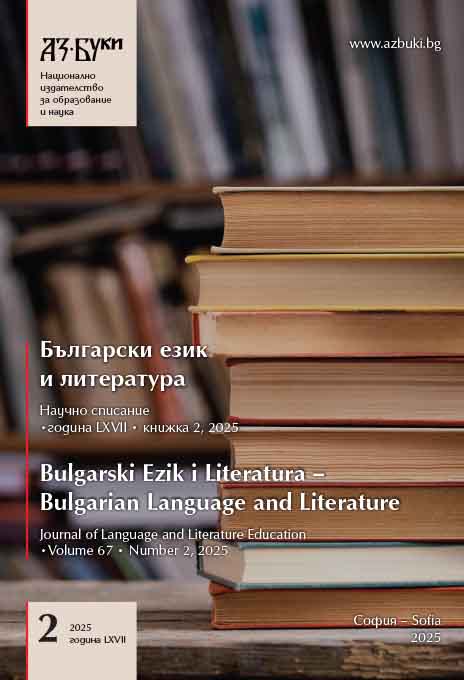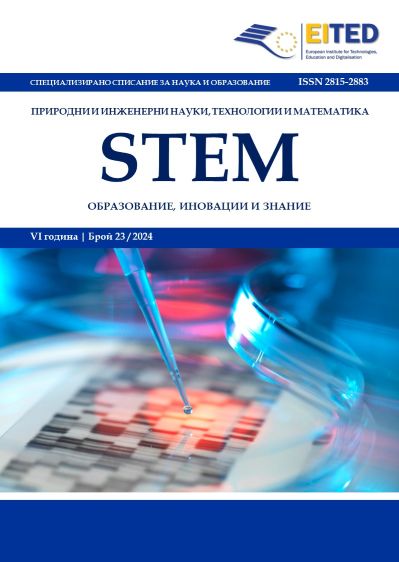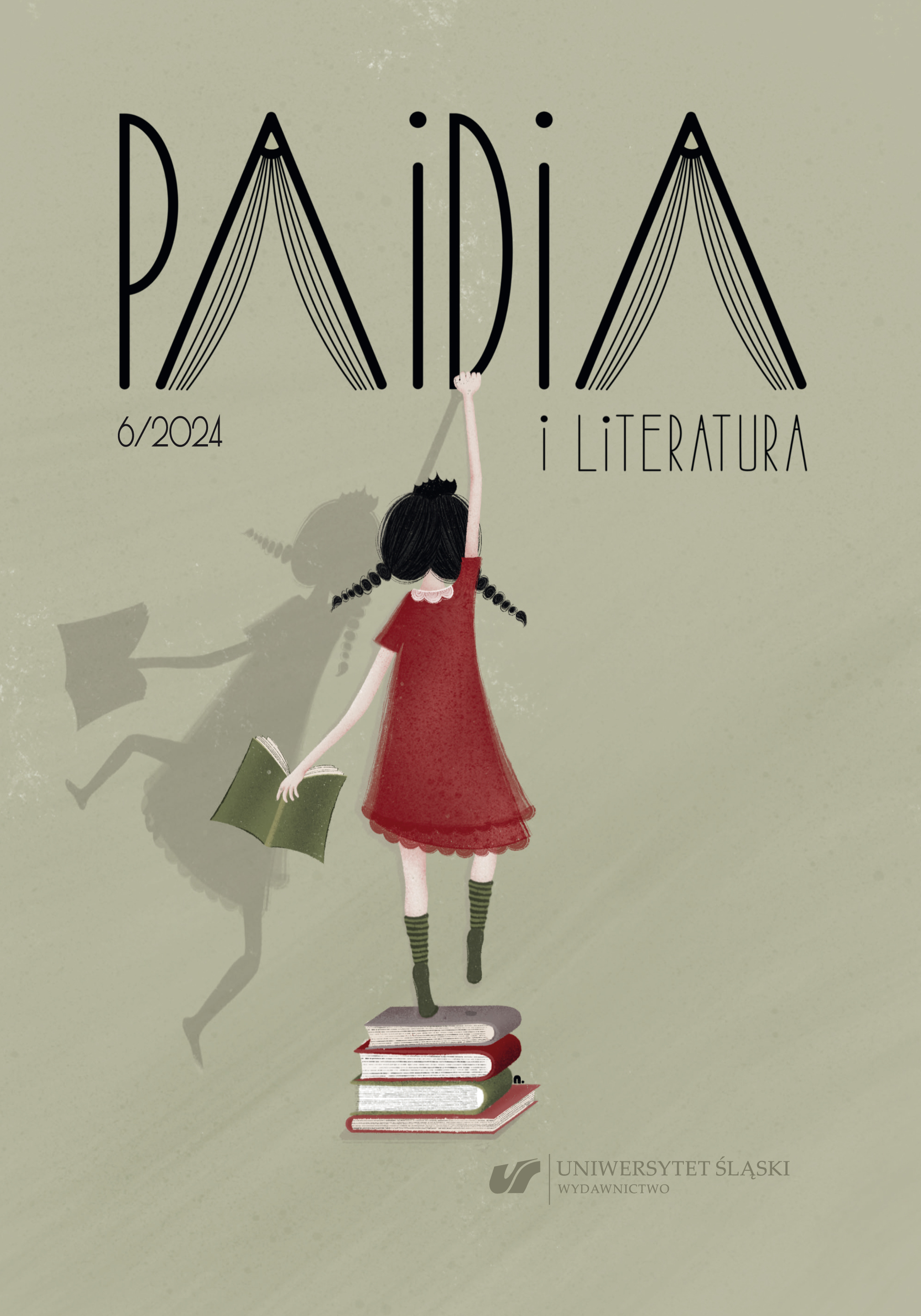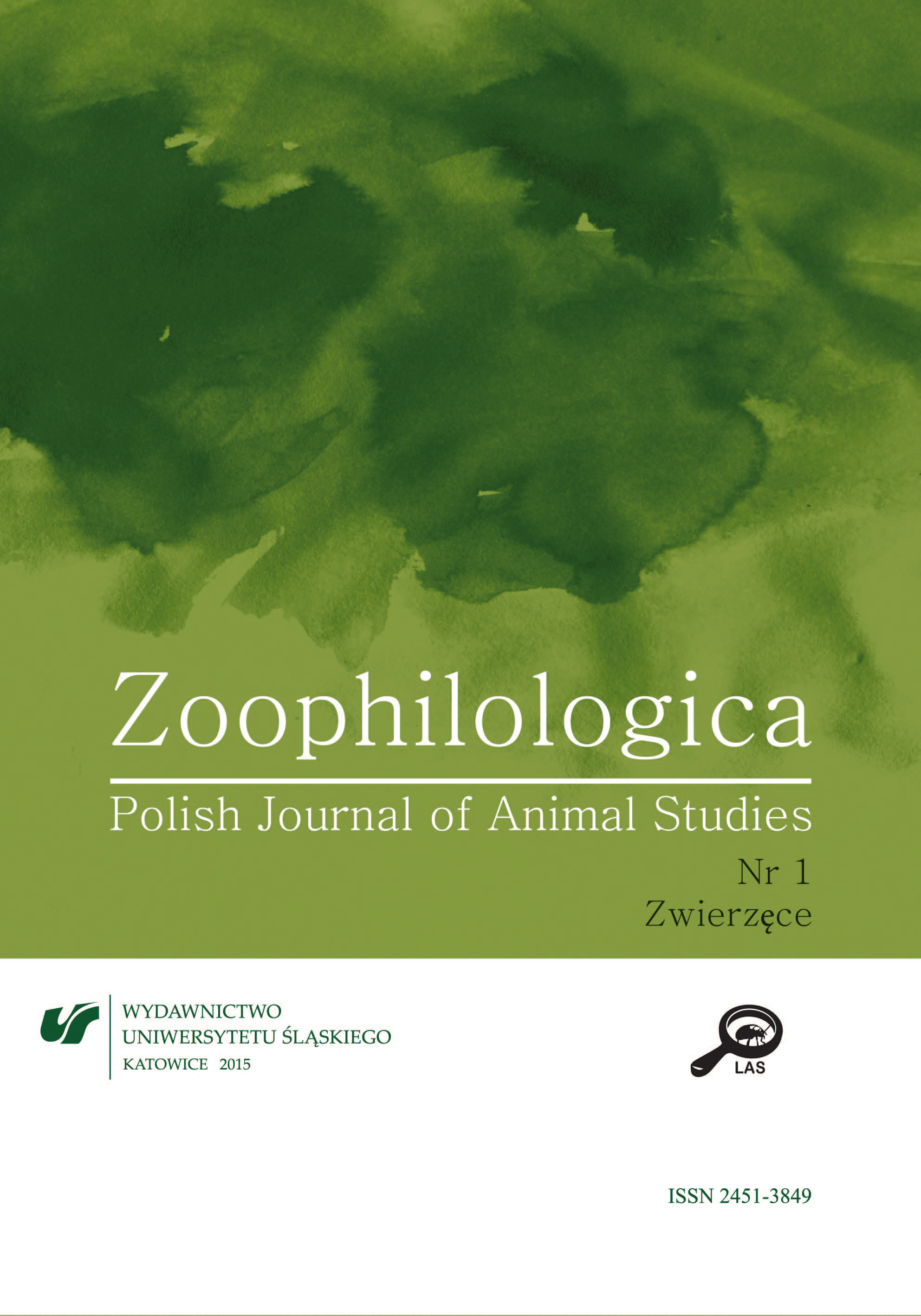
Przyczynek do studiów nad biologiczną ewolucją komunikacji. Na tropie pewnej hipotezy
The article is a reconnaissance. The author of the paper aims at providing a comparison of mathematical and empirical results of research on the evolution of language. The content of the paper focuses on issues relating to the emergence of language. The author seeks to answer the question: What differentiates human and animal communication?
More...
